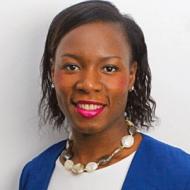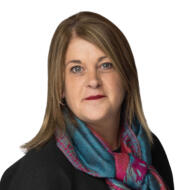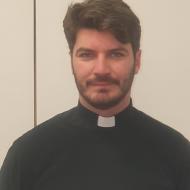Academy Council Information
MACs
-
Magdalene Usikaro
Parent elected MAC -
Nina Achenbach
Staff Member: Head of School, Ex-Officio -
Sarah Caesar
Staff elected MAC -
Ken Roberts
Parent elected MAC -
Fr Sean Gilbert
Community co-opted MAC -
Charlene Oke
-
Sabina Saumtally
-
Tina Price

Magdalene Usikaro
Responsibilities:
Parent elected MAC

Nina Achenbach
Responsibilities:
Staff Member: Head of School, Ex-Officio

Sarah Caesar
Responsibilities:
Staff elected MAC

Ken Roberts
Responsibilities:
Parent elected MAC

Fr Sean Gilbert
Responsibilities:
Community co-opted MAC
Charlene Oke

Sabina Saumtally

Tina Price
Frequently asked questions about Academy Councils
Pegasus is a Multi Academy Trust (MAT), governed overall by a Board of Directors and then a separate Academy Council for each school.
What is a MAC?
The three letters stand for ‘Member of the Academy Council’
What is the Academy Council?
The Academy Council consists of:
- Up to 5 x Community MACs
- 2 x Staff MACs
- Heads of School
- Up to 4 x Parent MACs
- Up to 2 x Board Representatives.
Alongside the heads of School the Academy Council is responsible for monitoring key aspects of each school’s performance – specifically:
- Outcomes for children and learners;
- Quality of teaching, learning and assessment;
- Behaviour and welfare (including safeguarding)
What does a MAC do?
A Member of the Academy Council (MAC) acts as a school governor, though there are differences: For example, in the Pegasus Academy Trust MACs don’t have any financial responsibilities as the executive group have this responsibility. MACs act as ‘critical friend’ to the school, supporting governance and strategy. Parent MACs specifically represent the parents of the school. A MAC may have responsibility for a particular year group and area, for example Pupil Premium or Safeguarding.
How do I become a MAC?
Parent MACs are elected for a four year period and fresh elections take place whenever terms expire. Community MACs are appointed by the Academy Council themselves and may be local councillors etc. (not normally parents). Staff elect their own representatives.
How can I contact a MAC?
You can contact MACs via the school e-mail address marked ‘For attention of [name of governor] or speak to any of us (photos above) on the playgrounds before or after school
RESPONSIBILITIES OF THE ACADEMY COUNCIL
Each school in the Trust has its own Academy Council. The Academy Council is responsible for monitoring key aspects of each school’s performance namely:
- Outcomes for children and learners;
- Quality of teaching, learning and assessment;
- Behaviour and welfare (including safeguarding);
- Ethos and values (and how they match the Trust’s overall values statements)
Members of the Academy Councils (MACs) are expected to establish for themselves what is happening in their schools and to ensure that they receive evidence on these key aspects from a variety of sources. A budget is set aside by Directors so that, when required, Academy Councils may commission their own consultants to give an independent view on areas of concern.
Academy Councils (sometimes known as ‘Local Governing Bodies’) are vital to Directors in ensuring that local voices are properly heard and the have the right to escalate matters to Directors if they vote to do so. Since the formation of the Trust at least one Director has attended each Academy Council so that a quick response can be given where required.












